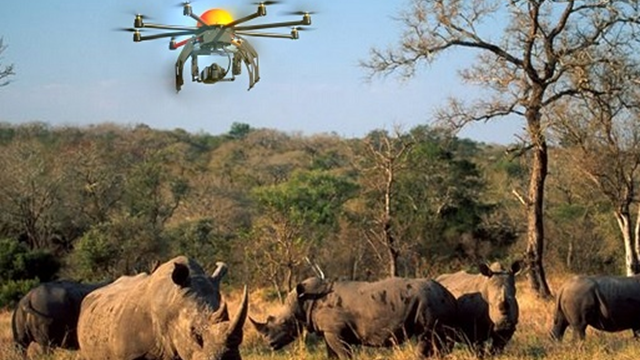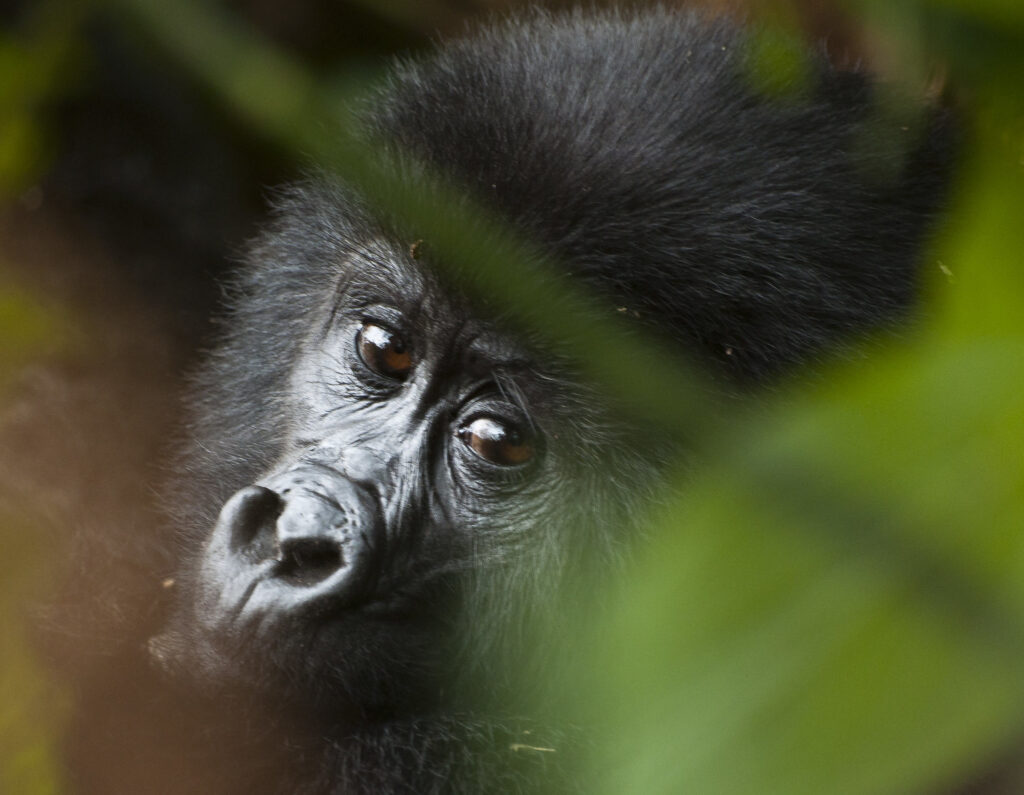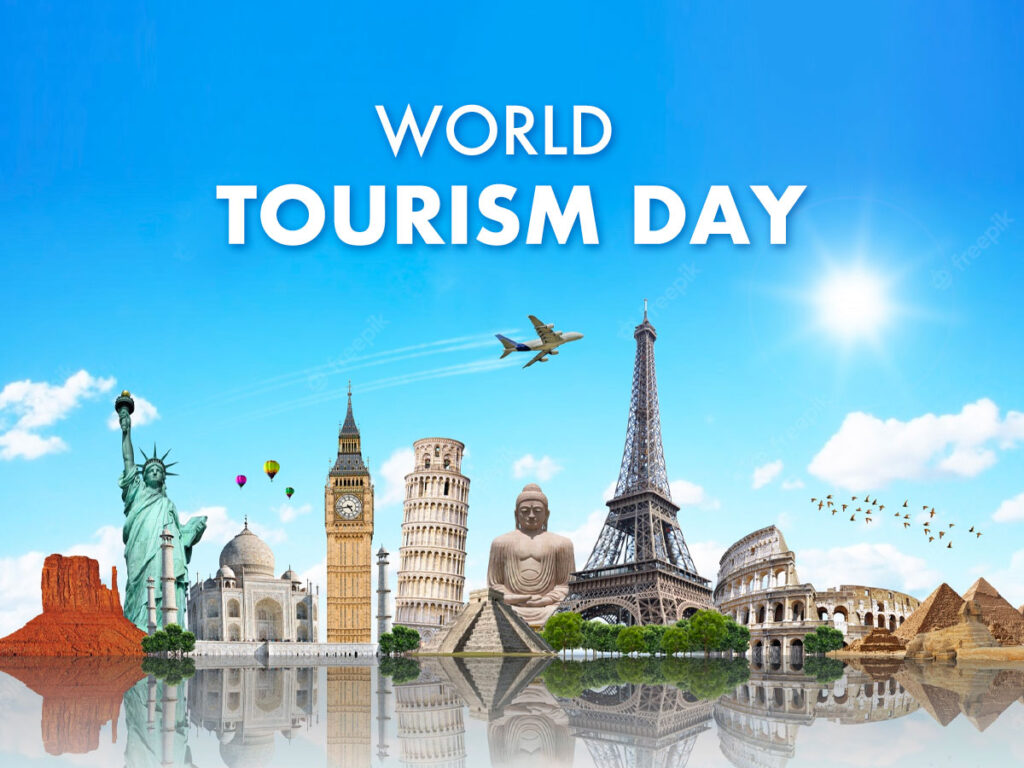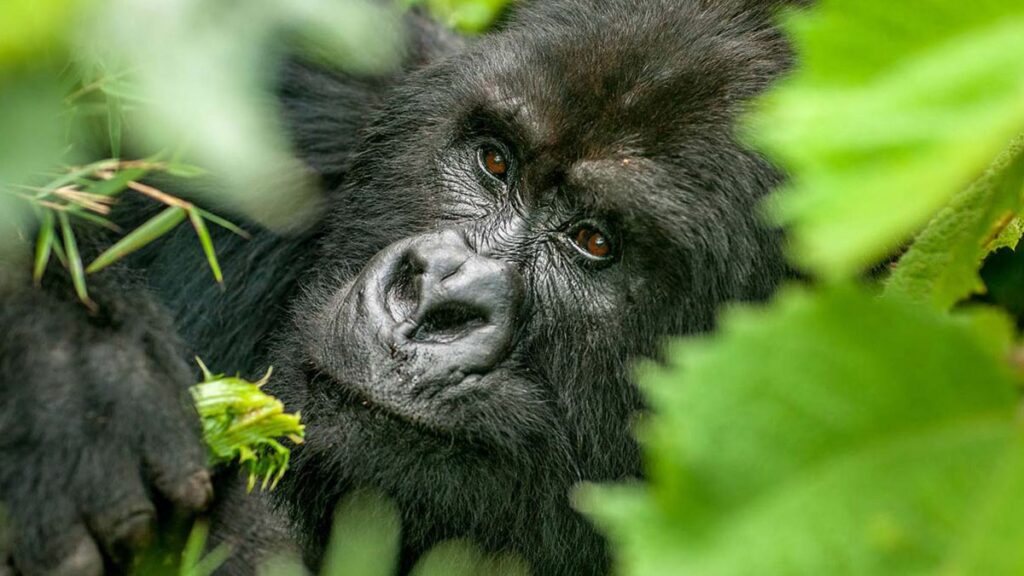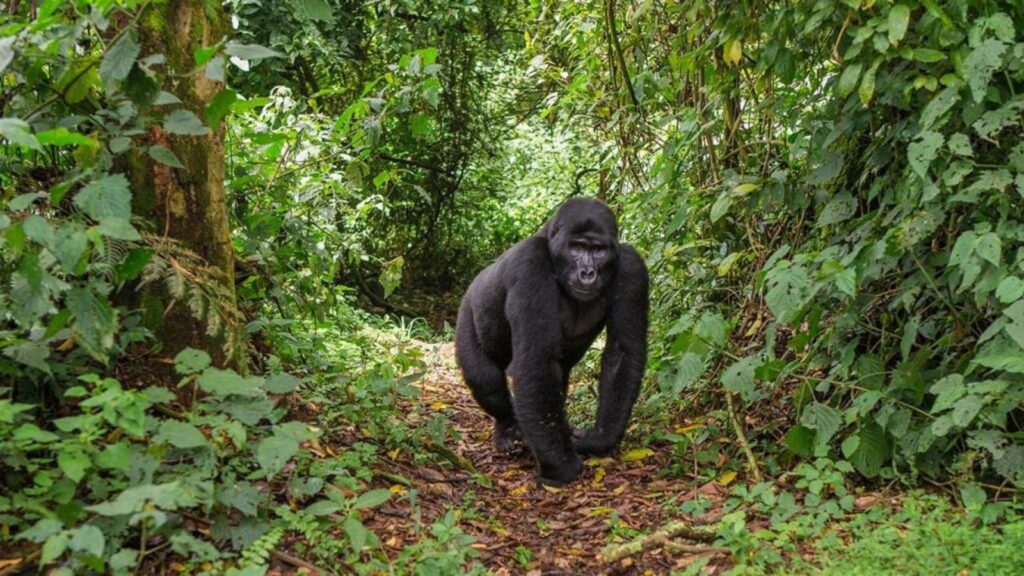How Technology Is Enhancing Sustainable Safaris
Africa’s safaris are changing—not just in style but in purpose. From gorilla trekking in Bwindi to game drives in Akagera and Virunga, technology is helping the safari industry reduce its footprint and protect what makes the wilderness special. Sustainable safaris now rely on smart tools that make tourism more efficient, transparent, and environmentally responsible.
The New Face of Responsible Tourism
Technology once seemed out of place in the wild. Today, it’s a key driver of conservation. Mobile apps, GPS trackers, and digital data systems now guide everything from waste management to wildlife monitoring.
For eco-lodges and tour operators, technology is more than convenience—it’s accountability. It ensures that tourism benefits communities, conserves wildlife, and minimizes emissions. As travelers demand greener options, technology provides the structure to deliver them.
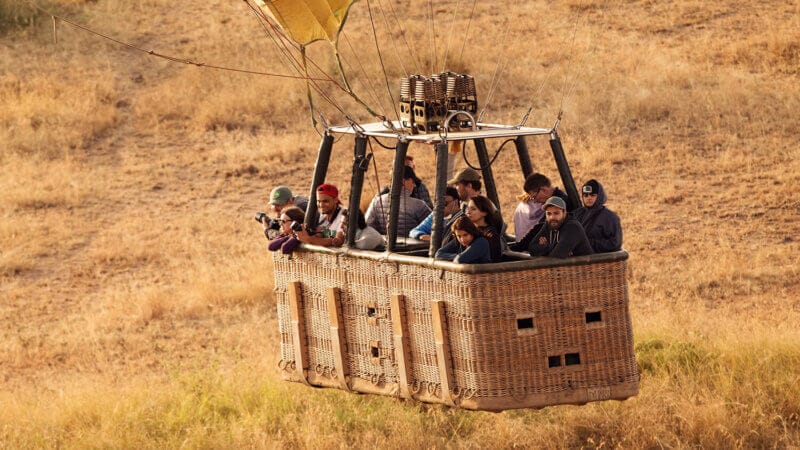
Smart Lodges and Green Energy Systems
Across East and Central Africa, eco-lodges are turning to innovation to reduce environmental impact. Solar power, rainwater harvesting, and energy-efficient systems are now standard in many properties.
Lodges like Bisate in Rwanda and Kyambura Gorge Lodge in Uganda use solar grids and battery storage to provide consistent power without relying on generators. Smart energy meters monitor usage, ensuring minimal waste.
Some properties even employ IoT (Internet of Things) systems to track lighting and water use in real time. These tools help lodges identify inefficiencies, reduce costs, and preserve the natural environment that surrounds them.
GPS and Drones in Wildlife Conservation
Technology has also revolutionized wildlife protection. Rangers in Virunga National Park and Queen Elizabeth National Park use GPS tracking and drones to monitor animal movements and detect illegal activities.
These tools provide live data that helps patrols respond faster to threats like poaching or habitat loss. Drones also assist researchers studying gorilla populations by capturing images from above without disturbing animals.
With better surveillance and communication, technology has made conservation more proactive and precise—saving countless species from danger.
Digital Permits and Eco-Passports
Digital innovation now extends to the traveler experience. Online permit systems, like those managed through Gorilla-Permits.com, have simplified the process of booking gorilla treks and national park visits. Travelers can now secure permits electronically, reducing paperwork and travel to physical offices.
The introduction of Digital Eco-Passports, a growing concept in sustainable tourism, allows travelers to track their positive impact—from carbon offset contributions to eco-lodge stays. This transparency motivates more responsible choices and creates a global community of conscious travelers.
Data-Driven Conservation Decisions
Technology allows conservationists to make informed choices based on data rather than guesswork. Remote sensors record temperature, rainfall, and soil health in protected areas, helping rangers understand climate patterns that affect wildlife.
Apps developed by African tech startups now collect data on animal sightings, forest cover, and human activity. This information supports smarter park management and ensures that tourism growth remains balanced with environmental protection.
By linking tourism and technology, Africa’s conservation model becomes both innovative and resilient.
Education and Awareness Through Digital Platforms
Digital media plays a major role in promoting responsible travel. Social platforms, virtual tours, and educational videos now connect travelers with conservation stories before they even arrive.
Lodges and tour companies use technology to share real-time updates about reforestation, recycling, and community projects. This visibility helps travelers understand the direct impact of their safari spending and encourages long-term support.
Through these tools, awareness grows—and so does appreciation for Africa’s fragile ecosystems.
The Future of Tech-Driven Safaris
In the next decade, sustainable safaris will become even smarter. Artificial intelligence, electric safari vehicles, and digital booking systems will make travel smoother and greener.
Some parks are already testing electric 4x4s for silent, zero-emission game drives. Virtual reality and live-streamed safaris are allowing people worldwide to experience Africa’s wildlife responsibly, reducing pressure on fragile environments.
The combination of human care and technological innovation is shaping a safari model that protects both travelers’ dreams and the planet’s needs.
Plan Your Sustainable Safari with Gorilla-Permits.com
Technology is changing how Africa welcomes the world—but the heart of the safari remains the same: respect for nature.
At Gorilla-Permits.com, we partner with eco-lodges, conservation teams, and digital platforms that use innovation to make travel more sustainable. Whether you’re trekking gorillas in Bwindi or exploring Rwanda’s Volcanoes National Park, we ensure every part of your journey supports the environment and local communities.
Inquire and book now at Gorilla-Permits.com—travel smart, travel responsibly.

